Burundians are grappling with yet another crisis on top of mounting economic hardships: a worsening slowdown in internet services. Frequent power cuts, fuel shortages, and outdated telecommunications infrastructure are crippling vital sectors, including education, media, research, and business.
University researchers, IT specialists, journalists, and civil society groups have voiced frustration over unreliable connectivity, warning that the situation is obstructing the country’s development. Economists and political leaders are now urging urgent government action.
Researchers and Professionals Struggle
For academics, the lack of reliable internet has become a serious obstacle. Jean Bikorimana, a geography expert, said his work has been severely compromised.
“The internet problem is a major challenge for researchers,” he told BREAKING BURUNDI. “In my field, I need to download satellite images, but that has become very difficult. Some academic software doesn’t even work because of poor internet.”
The IT domain ins not spared by the crisis. A web designer explained: “A lot of business is conducted online. I promote my work through the internet, so when there is no internet, business comes to a standstill.”
Some IT professionals say they have resorted to working at night, when fewer people are online, in the hope of accessing more stable internet connections.
Journalists are equally affected. Pascal Ndayikeza, editor-in-chief of a local online news site, said poor connectivity has crippled his newsroom.
“The internet problem has brought all activities to a halt,” he said. “We depend on the internet for training, publishing, and research. When power is cut, internet providers collapse too, and everything stops.”
Power Cuts and Fuel Shortages at the Core
Telecommunication companies have long cited recurring fuel shortages, lack of foreign currency, the high cost of equipment, and unstable electricity supply as the main challenges undermining their services.
Earlier this year, former Telecommunications Minister Léocadie Ndacayisaba admitted that outdated infrastructure and limited bandwidth capacity remain major hurdles. She promised urgent measures, including network expansion.
The national telecom regulator, ARCT, pledged to install new towers and deploy solar-powered systems to reduce reliance on fuel. But months later, the crisis has only worsened, particularly in urban centers where internet usage is highest.
Local newsrooms say they have sometimes gone days without being able to upload content or broadcast live programs. One journalist told a local outlet:
“Our work depends on electricity. When power is cut, the internet also disappears. We cannot even access the information we need online. It is a serious problem.”
Rising Public Anger
Opposition voices have accused telecom operators of exploiting citizens. Olivier Nkurunziza, leader of the UPRONA party, described the situation as “robbery.”
“Companies are stealing from Burundians,” he said. “People pay for bundles they cannot even use. Sometimes you buy daily data, but the whole day ends without any internet.”
Civil society groups have echoed these concerns. Alexis Nimubona, spokesperson for OLUCOME, blamed high taxes, lack of investment, and obsolete infrastructure for worsening internet services.
“Many companies have closed, and those still operating provide internet on a very limited scale. They cannot afford to upgrade their equipment or buy sufficient bandwidth,” he said.
Everyday Life on Hold
The impact extends far beyond research and media. Families struggle to make WhatsApp calls to relatives abroad or join Zoom meetings. Businesses dependent on online platforms are left idle.
Analysts warn that the internet crisis reflects Burundi’s broader economic malaise.
“The government should seek lasting solutions to the economic challenges affecting the country, as these have a negative impact on other sectors as well,” Nimubona says. At the time of publication, BREAKING BURUNDI attempted to reach Lumitel and Econet-Leo, the country’s main mobile internet providers, but their lines were unreachable. Efforts to contact the ministry responsible for internet and the digital economy were also unsuccessful.

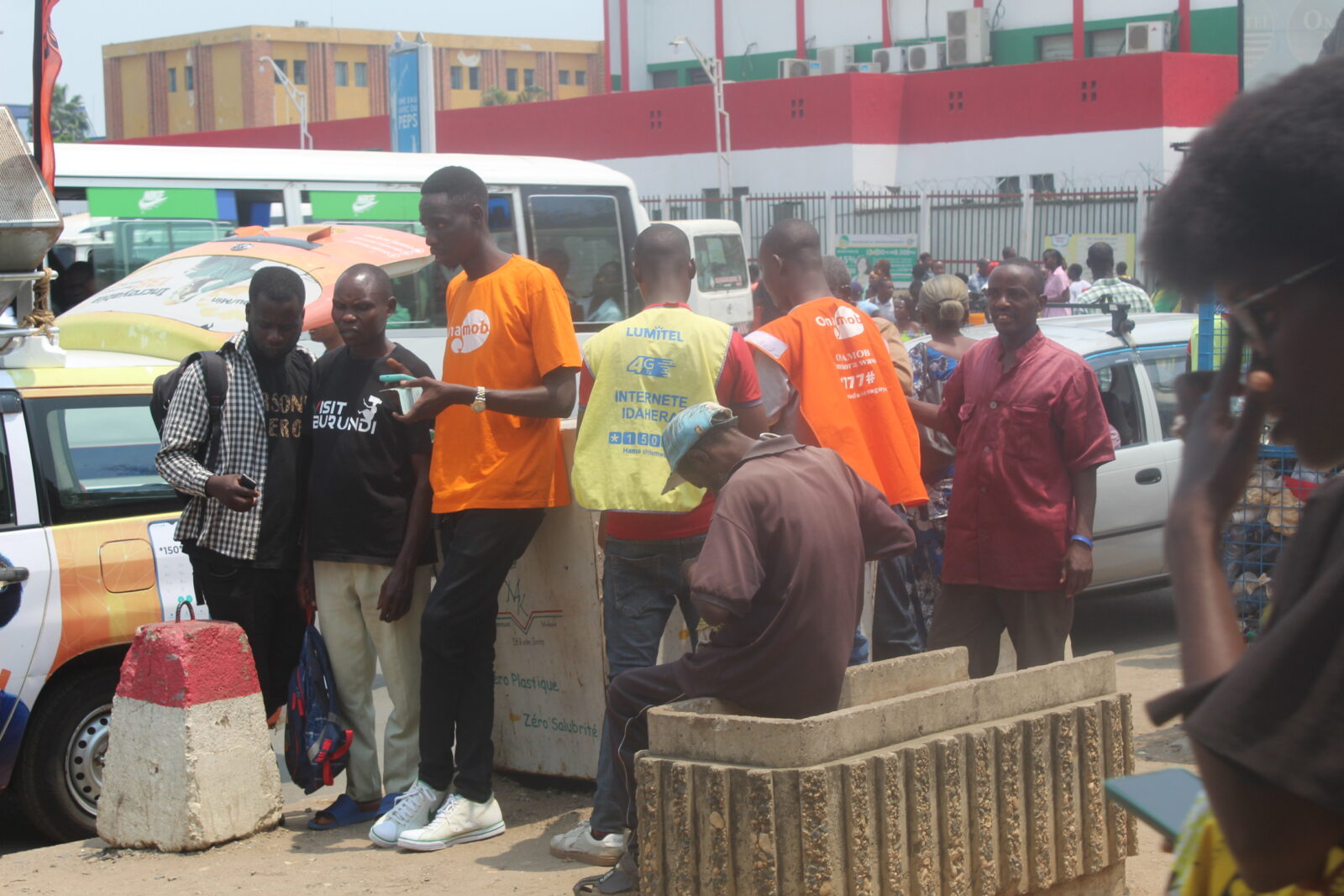
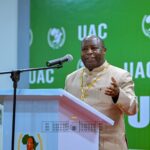
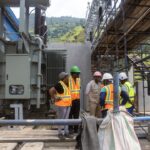
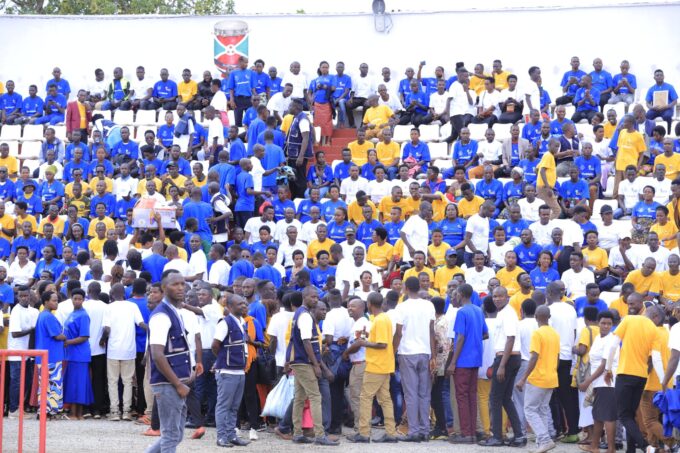

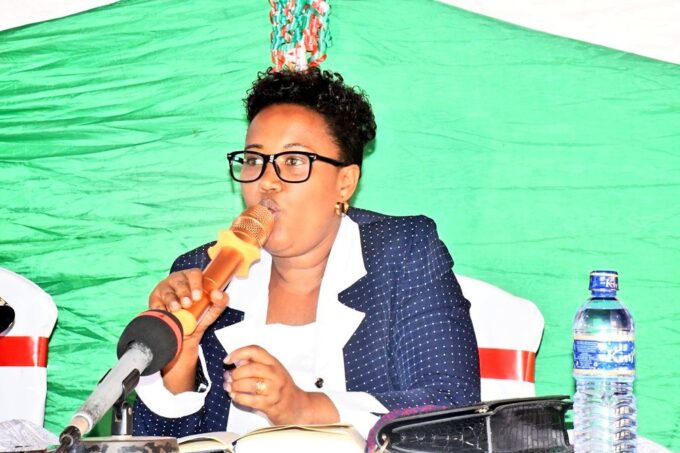
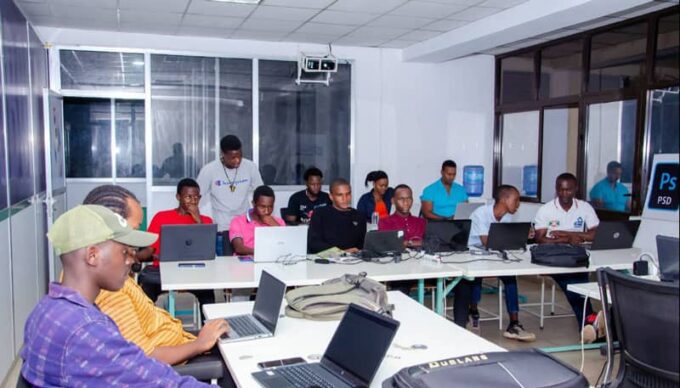
Leave a comment